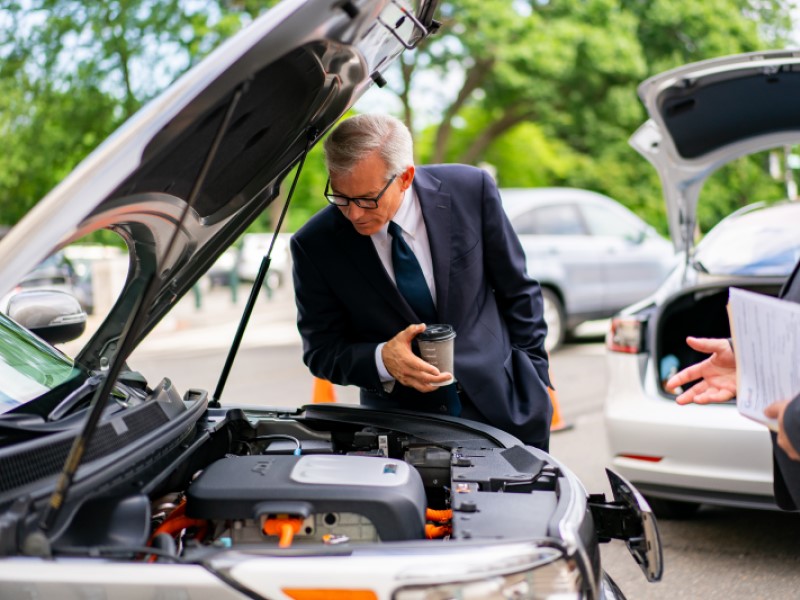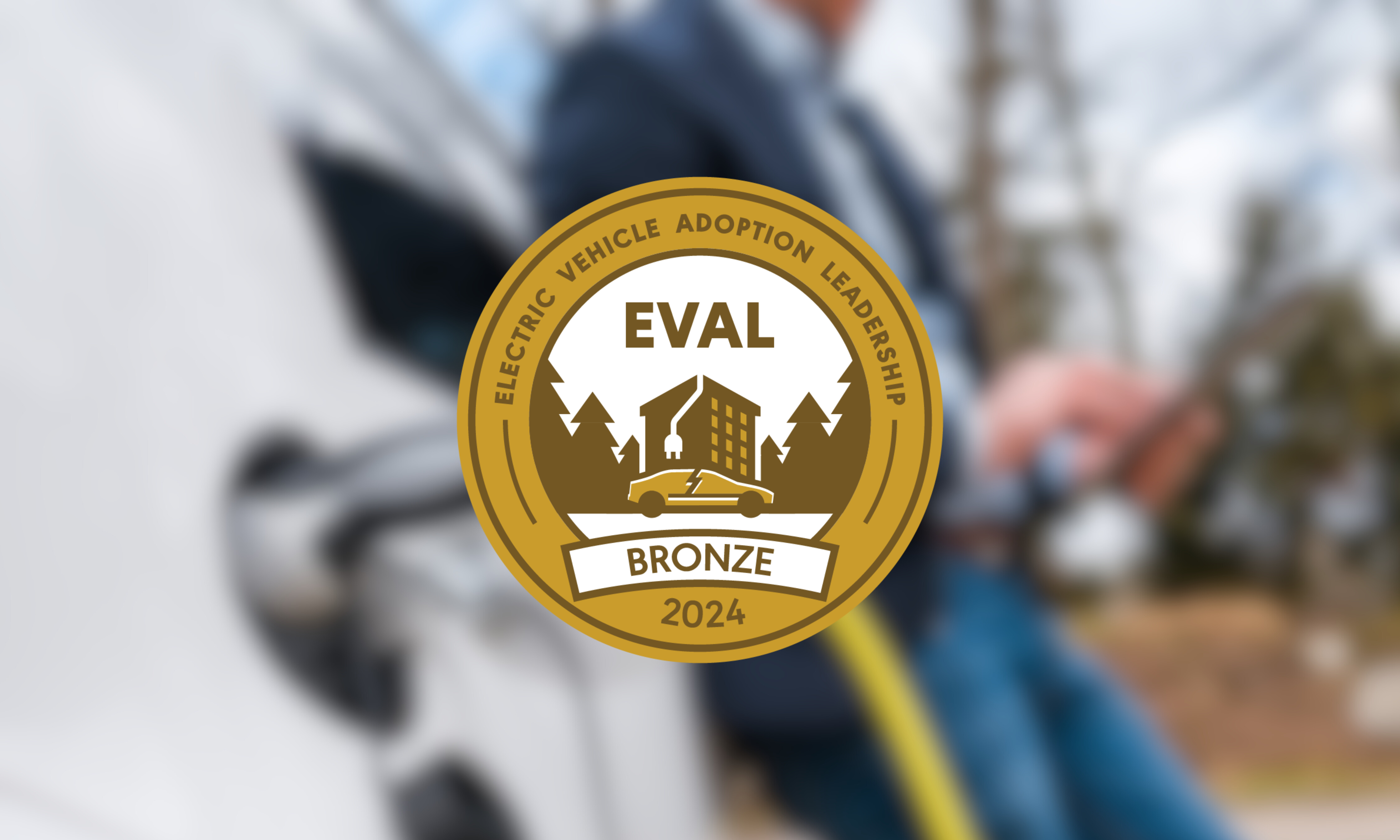Electric vehicle (EV) batteries have potential projected life spans of over 20 years! This means, after many years, the car can provide an acceptable driving experience and continue to deliver 70-80% of the range it had when it was new.
As with all batteries, including smartphones and laptops, EV batteries do slowly degrade over time. So what entails a “broken battery”? They generally don’t stop working completely, but they experience performance degradation. They have a finite cycle life, meaning the number of times they can be recharged and discharged are limited. Towards the end of its lifecycle, charging takes longer and they don’t fill to as high a level. That means on a long road trip, it may take longer to get to your destination. In city traffic, the effect might not be as noticeable.
This is generally a slow process that depends on how they are used, with many contributing factors involved. Many EVs that have been on the road for several years still retain close to 100% capacity. Most, if not all, auto manufacturers offer battery warranties for 8–10 years, guaranteeing that the battery will retain a certain capacity level.
Keeping your battery healthy
Here are few tips to extend the life of batteries:
- Only charge the battery to 90%. Most of the battery heating comes from charging the last 10%.
- Recharge before getting below 10%, as this provides a safety buffer. Driving might become riskier without having full battery capability available.
- Keep the EV out of intense heat as much as possible. Too much heat is detrimental to the longevity of the battery.

Batteries can last a long time if the vehicle has the necessary systems built around them to protect them from abuse and conditions that might harm them. Since excessive heat is a natural enemy, a battery cooling system must be included. Simple passive cooling has been proven to be inadequate. Premature degradation ensues in such designs.
Battery technology has continually improved in the past decades. New batteries created today are better than those created 8–10 years ago. These new ones will likely last longer than those with old chemical formulations and designs which are currently experiencing degradation. There are always exceptions depending on their past treatment.
The rate of degradation does slow down over time. In the end, degradation compromises the vehicle range and the ability to deliver full power upon demand. Hill climbing may no longer be possible, making the vehicle unusable in some situations.
Million-mile battery
GM and Tesla are aiming to create a million-mile battery. The current average life expectancy for internal combustion engine (ICE) vehicles in the United States is approximately 200,000 miles. The million-mile battery, combined with the fact that EVs have far fewer moving parts to fail, could significantly change the future of the automotive industry. Imagine having a car that you could continue driving for one million miles! Very few drivers have ever achieved that milestone and the current industry push to create higher capacity cells goes hand-in-glove with this million-mile battery effort being announced. No doubt a properly-designed battery sub-system can last for many hundreds of thousands of miles, through multiple owners, delivering satisfactory performance well beyond the factory warranty.
Surveys of past performance
To better understand how long EV batteries last, Plug In America has been surveying owners of Nissan LEAF and Tesla vehicles to see how their batteries have been sustained over the years. View data and results here. If you drive one of these vehicles, contribute your experience to help the EV community!
In Europe, EV drivers developed a standardized charging and discharging regime and over 800 owners of the same family of cars executed this test, collecting data. After this empirical data reduction, the profile of degradation was plotted and curve-fitting showed that life expectancies in excess of 20 years might likely be expected. That would be well beyond a second or third owner.
For a more technical article on EV batteries, see the Idaho National Renewable Energy Labs on the subject.
If you have questions about electric vehicles, contact Plug In America’s EV Support Program by phone or email!


